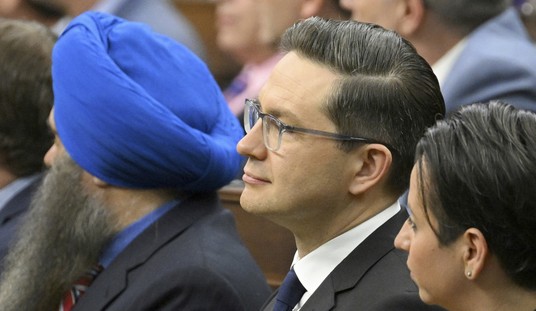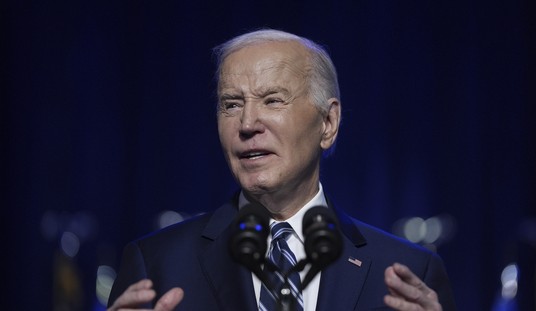Advertisement
The American Association of University Professors reports that part-time faculty now make up half of the teachers at American colleges. As adjunct Coleman McCarthy points out in the Washington Post, that’s not a bug, it’s a feature.
“As adjuncts proliferate, the number of tenured jobs falls,” he writes. “Why pay full salaries when you can get workers on the cheap?” For example, McCarthy teaches 13 courses at several campuses in the D.C. area. This year he’ll earn $28,300.
That’s more than the average adjunct, who can teach a full load and earn less than minimum wage. McCarthy recommends paying these teachers more. Much more. Roughly $15,000 per class, plus benefits.
At the same time, though, the overall cost of college has already soared, to the point that it may soon have to level off. So it would be impossible to increase salaries by, say, jacking up tuition even more. McCarthy recommends we: “Start with cuts to presidential salaries, which are at all-time high. Annual pay packages from $500,000 to more than $1 million are common.”
Okay, take from the rich and give to the poor. TIME magazine reports that: “From 2009 to 2012, executive compensation at public research universities increased 14 percent to an average of $544,554, while compensation for presidents at the highest-paying universities increased by a third, to $974,006.” They’re hardly the picture of austerity on campus.
But that still wouldn’t generate big enough savings at most schools. If we took, say, $900,000 from a university president, that would provide enough to give some 18 teachers $50,000 each. Since McCarthy wants adjuncts paid $15,000 per class, that money’s not going to go very far.
Recommended
Advertisement
McCarthy also singles out athletics. “Until salaries at the top are trimmed — including excessive pay to big-time football and basketball coaches — and those at the bottom are raised, the demeaning of adjuncts is little more than structural economic violence,” he writes. Indeed, often the highest paid state employee is the football coach at the state university.
But athletics, while it doesn’t make a lot of money for schools (after expenses), at least pays for itself. Coaches are generally paid out of athletic revenue. And, to be fair, you can’t get 100,000 people to show up and watch an adjunct teach chemistry, while you can pack that many into a “horseshoe” to watch football. That may be wrong, but it’s not likely to change.
It’s also worth noting that nobody’s forcing people to teach as adjuncts. McCarthy is willing to sell his labor for less than $30,000, and he’s willing to haul himself around the metro D.C. area to do so. That’s not sustainable for most people, so they end up teaching, perhaps, one class (as I’m doing at George Washington this semester).
Across the American economy, companies are trying to replace permanent employees with contractors and freelancers. They’re doing so for a simple reason: In an era of 10 percent unemployment, there are plenty of willing workers around, and it’s cheaper to not provide benefits. Besides, it’s easier to fire a contractor if the work isn’t being done. Permanent employees can always sue for discrimination. Even if they lose, the lawsuit risks making the company look bad, and no company wants that. As long as people are willing to allow themselves to be exploited, we can hardly blame universities for paying them as little as possible.
Advertisement
Still, there’s a better way to increase pay for teachers. Unleash the power of the market.
Eliminate tenure for professors, and allow them to be hired and fired as other people are. That would give them an economic incentive to teach more classes. It would also create competition in the market, something that’s lacking when people have jobs for life.
For years now, tuition has spiraled up, as colleges raised fees to capture ever-increasing federal financial aid. The only way to make certain that students, teachers and employers are getting the value they deserve is by bringing the power of markets to bear on higher education. And let the best schools, students and graduates win.
























Join the conversation as a VIP Member